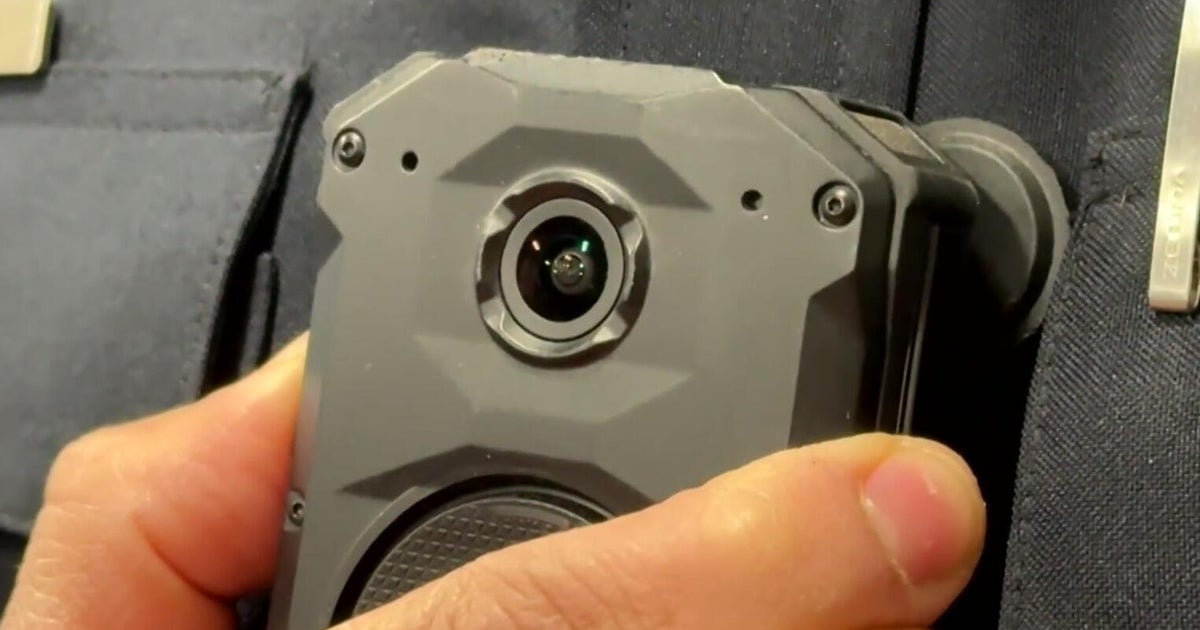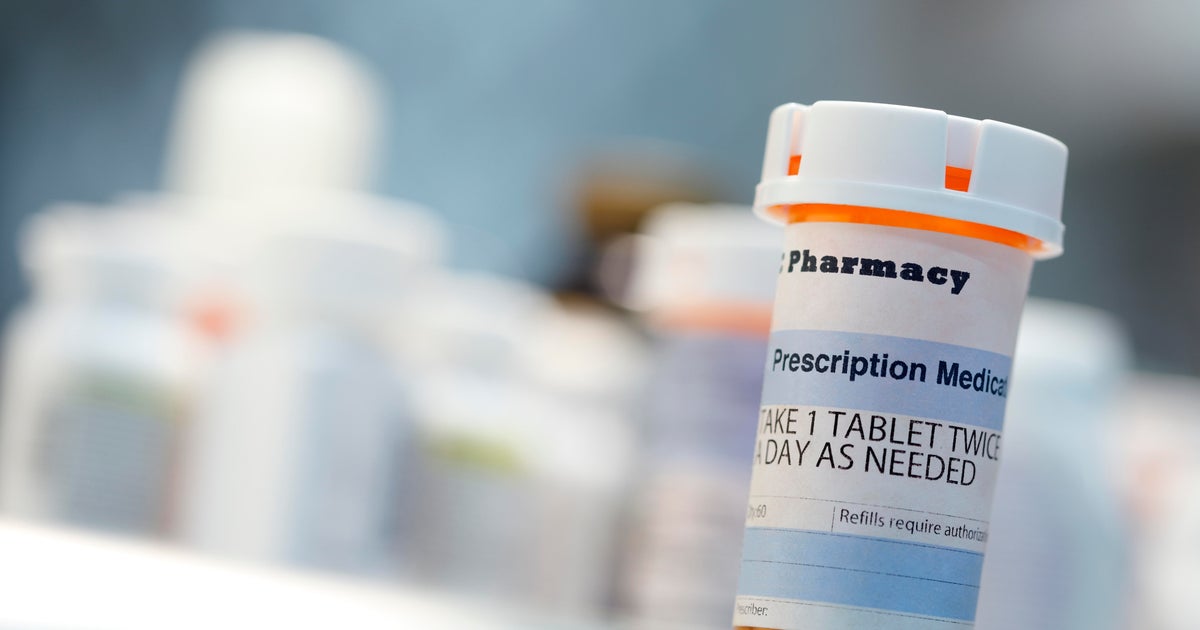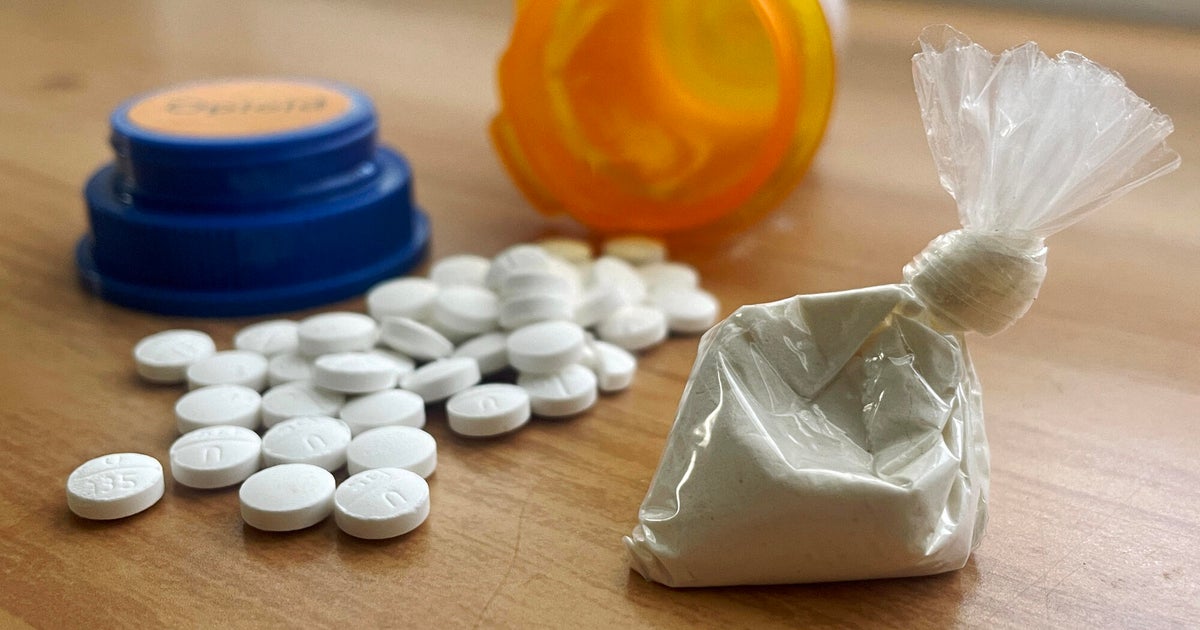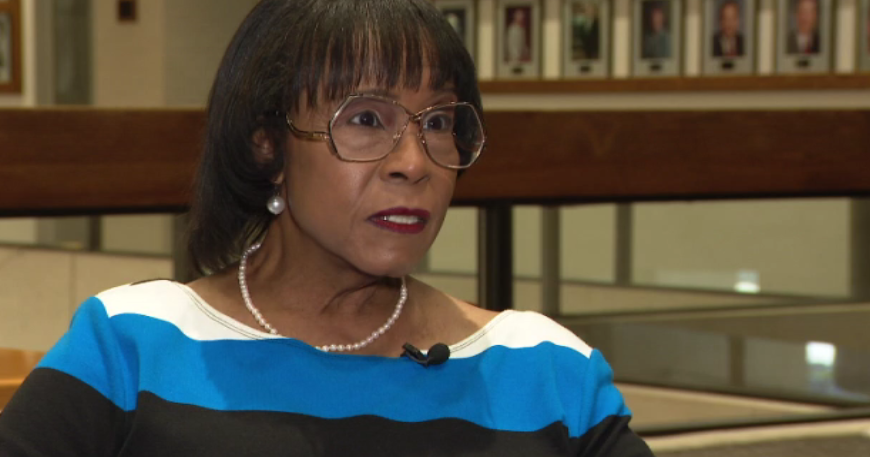Florida Launches Pain Pill Database
MIAMI (CBSMiami.com/NSF) – It took a decade and thousands of lives were lost; but Monday, Florida finally launched the state's pain pill database, or Prescription Drug Monitoring Program (PDMP).
The database's purpose is to let the medical community monitor the distribution of pain medication like Xanax, Vicodin, Oxcontin, Hydrocodone, and others. The database can be used to flag people who buy excessive quantities of pain medications.
It's the latest way of combating "doctor shopping," which is when addicts go from doctor to doctor trying to attain thousands of painkillers.
"It's a long time coming," Florida Senator Mike Fasano told the News Service of Florida. "It's a database that was needed many years ago."
Florida, especially South Florida has become ground zero of so-called pill mills which specialize in giving out large quantities of prescription painkillers. South Florida's pill mills have drawn users from as far away as Kentucky, West Virginia, and Ohio.
The database is the latest tool to combat the pill mills and prescription drug abuse. However, the database almost died this year when Governor Rick Scott and House leaders tried to scuttle the program.
A backlash of public opinion and opposition from Senate President Mike Haridopolos kept the program intact.
Critics of the new database say that doctors and pharmacists are not required to get information from it. Senator Fasano said that he will be introducing new legislation that will make checking the information in the PDMP mandatory for doctors and drug stores.
In fact, according to Jennifer Hirst, deputy press secretary for the Florida Department of Health, only 1,500 of the state's health care practitioners have signed up to access the database. According to the DOH, there are more than 42,000 doctors in Florida and more than 50,000 pharmacists, pharmacy technicians and pharmacy interns.
Hirst said the agency hopes more practitioners sign up to check the database.
"It shows responsibility in trying to help the rest of the state deal with the issue," Hirst said.
Michael Jackson, executive vice president of the Florida Pharmacy Association, said the pharmacists that he has spoken with are "self-motivated" to get access to the database.
He believes it will make a difference.
"We need to give this a chance to ramp up," Jackson told CBS4 News.
Renee Doyle, whose son Blayne died in 2009 from drug abuse, believes the database will be another tool for investigators to crack down on doctor shoppers.
"It's gonna put a little bit of caution to the people that doctor shop," Doyle said. "It'll be caution to the doctors out there overprescribing -- the bad doctors."
However, Doyle also believes doctors should be required to use the database to check whether a patient has been doctor shopping.
"It has to be made mandatory," Doyle told CBS4's Carey Codd. "I think some doctors just aren't educated enough and don't want to be bothered with it."
After her son's death, Doyle became an activist and created an organization called Stop Now. She plans to fight to make sure Fasano is successful in his effort to tighten the law.
"This will be the next step that we have to work on," Doyle said.
So far, doctors and pharmacies have input more than 15 million controlled-substance prescription records into the database, according to the Florida Department of Health.
(TM and © Copyright 2011 CBS Radio Inc. and its relevant subsidiaries. CBS RADIO and EYE Logo TM and Copyright 2010 CBS Broadcasting Inc. Used under license. All Rights Reserved. This material may not be published, broadcast, rewritten, or redistributed. The News Service of Florida contributed to this report.)







